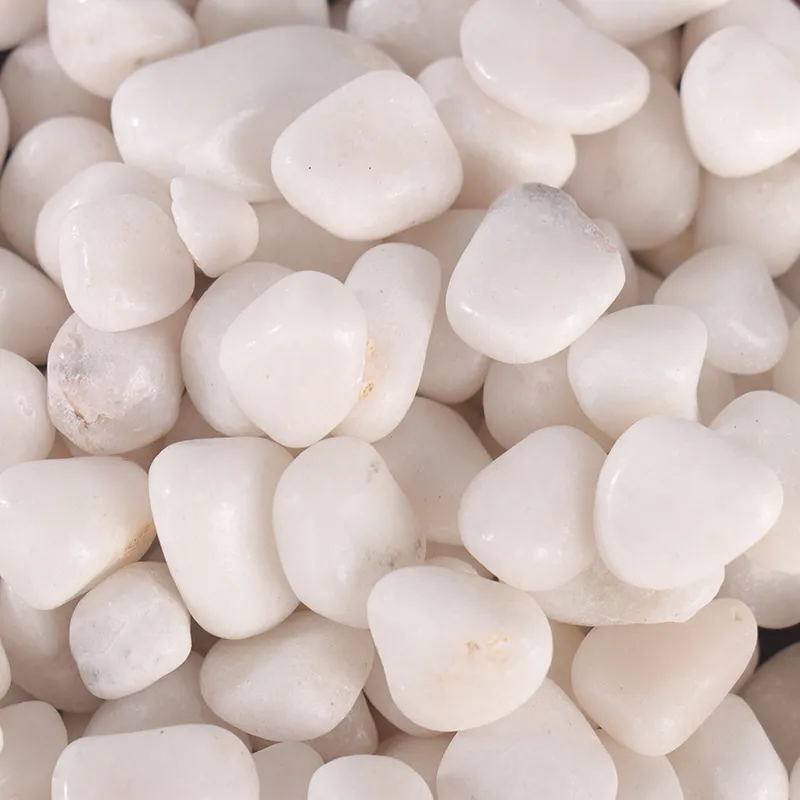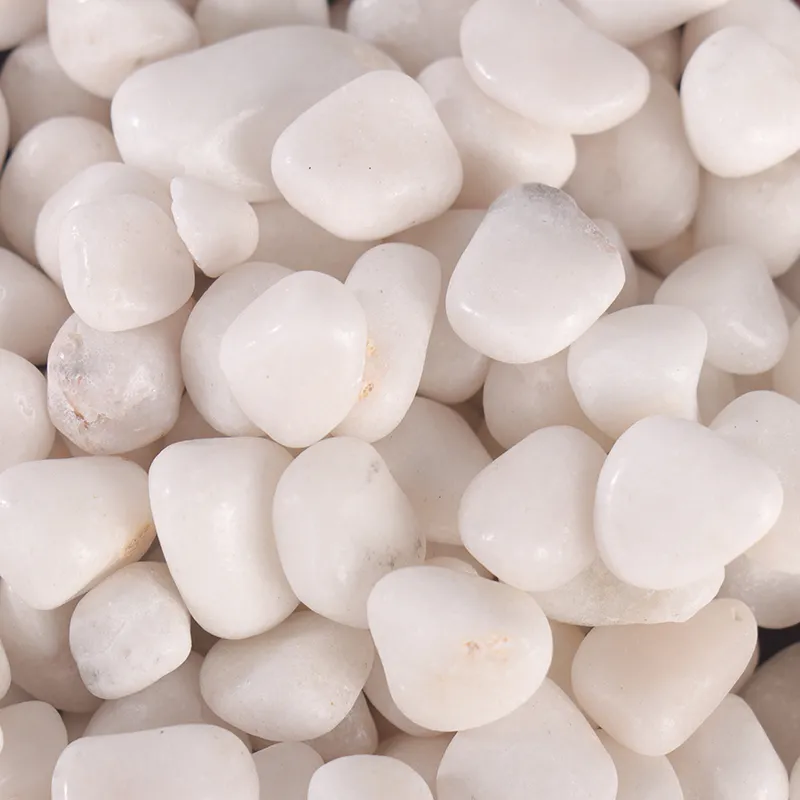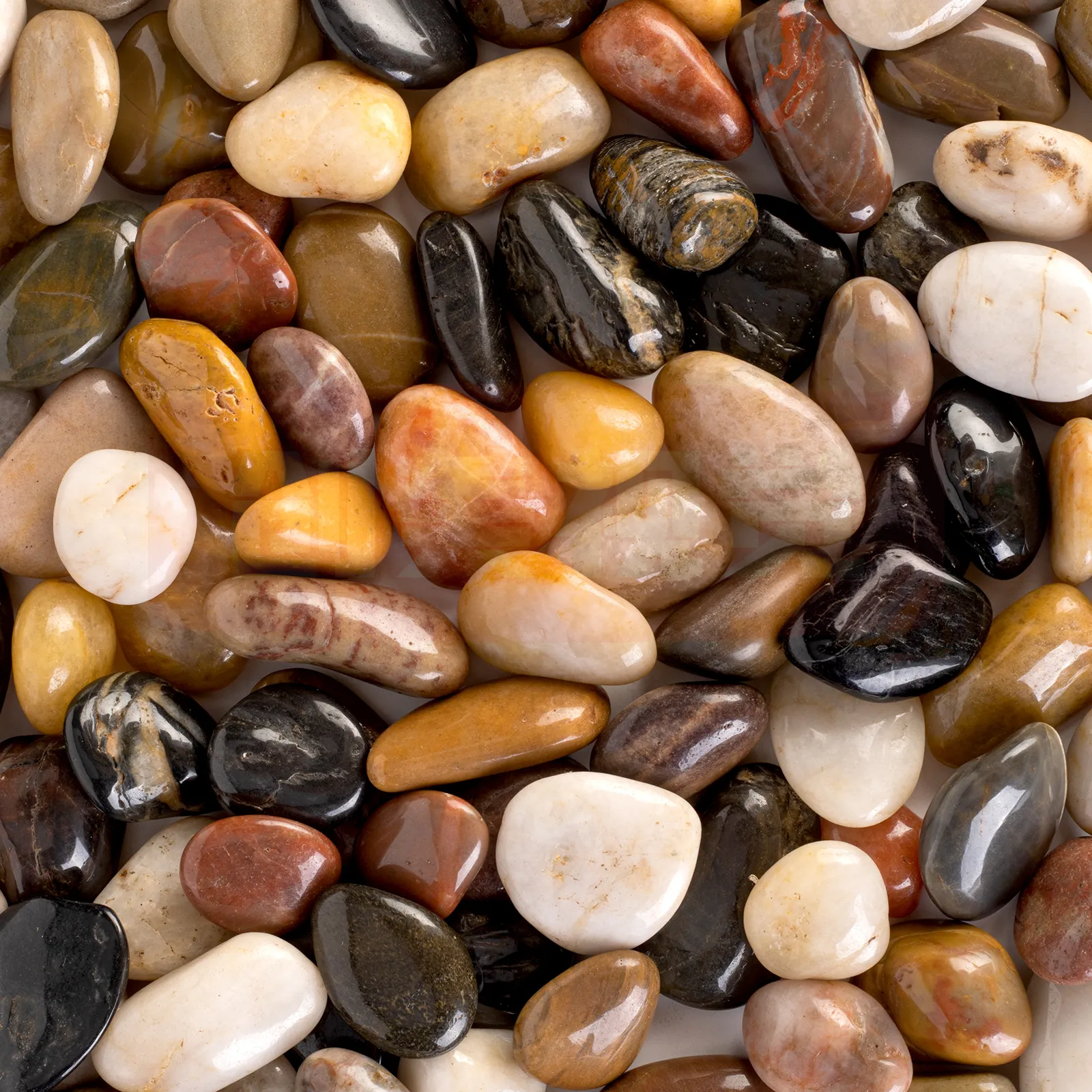1 月 . 22, 2025 05:39 Back to list
Black Pebbles


The installation process itself can be labor-intensive and time-consuming. Proper installation is critical to prevent shifting or settling over time, which means hiring skilled professionals is a must, further adding to the initial costs. Once installed, though maintenance is minimal, any required repairs can be challenging. Matching the original cobblestones in both color and texture could pose a difficulty, potentially necessitating larger repairs if exact replacements aren't available. Another consideration is the surface texture. While this provides excellent traction even in wet conditions, it can be uncomfortable for some users and potentially challenging for activities such as skateboarding or cycling. Additionally, the uneven surface might make snow removal a more difficult task in winter climates, as traditional shovels and snowblowers might not work effectively. A cobblestone driveway also offers historical relevance, adding an antique or rustic appeal that could be particularly fitting for traditional or older properties. Such driveways have been used in streets throughout history, and their association with historic European towns can add a unique cultural flair to your home. Despite these potential drawbacks, the choice for cobblestone driveways often comes down to personal preference and the importance placed on aesthetics versus practicality. Homeowners who value distinctive style and historical character might find the advantages outweigh the disadvantages. For those prioritizing cost and simplicity, other options might be more suitable. In conclusion, cobblestone driveways offer a combination of durability, aesthetic appeal, and environmental benefits. The initial cost and installation challenges, however, may deter some homeowners. By assessing the specific needs, budget constraints, and long-term goals, property owners can determine if a cobblestone driveway aligns with their vision for their outdoor space. Whether for its charm, robustness, or uniqueness, a well-installed cobblestone driveway can be a valuable and striking addition to any property.
-
Tumbled Nephrite Jade in Feng Shui: How to Attract Balance and Prosperity
NewsOct.18,2024
-
Nephrite Jade in Home Décor: Bringing Earthy Elegance to Your Living Space
NewsOct.18,2024
-
How to Spot Authentic Tumbled Nephrite Jade: A Buyer’s Guide
NewsOct.18,2024
-
Healing Properties of Tumbled Nephrite Jade: A Look into Ancient Wellness Practices
NewsOct.18,2024
-
Ethical Sourcing of Nephrite Jade: Ensuring Sustainable and Fair Trade Practices
NewsOct.18,2024
-
Caring for Your Tumbled Nephrite Jade: Maintenance Tips for Longevity
NewsOct.18,2024






